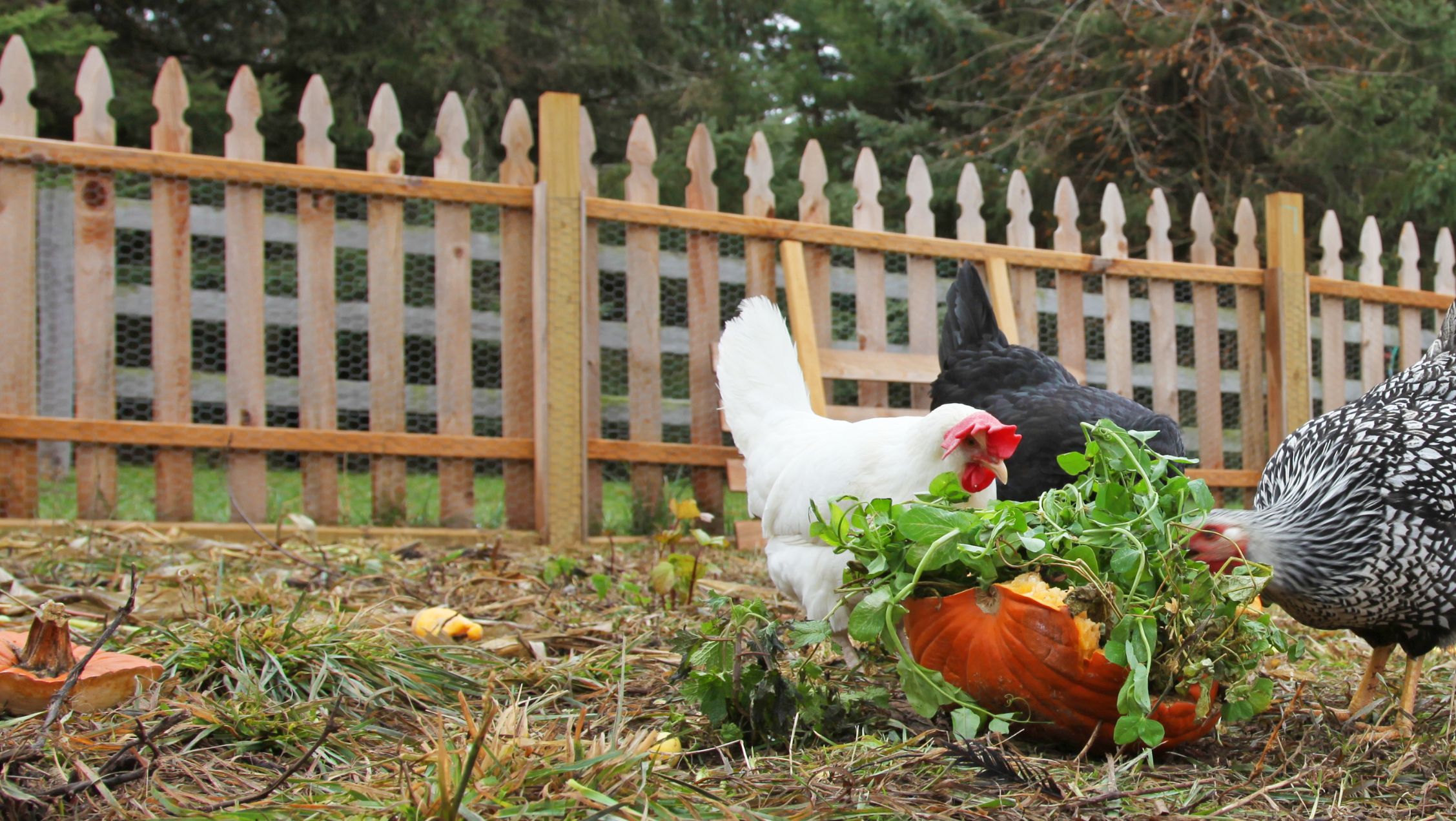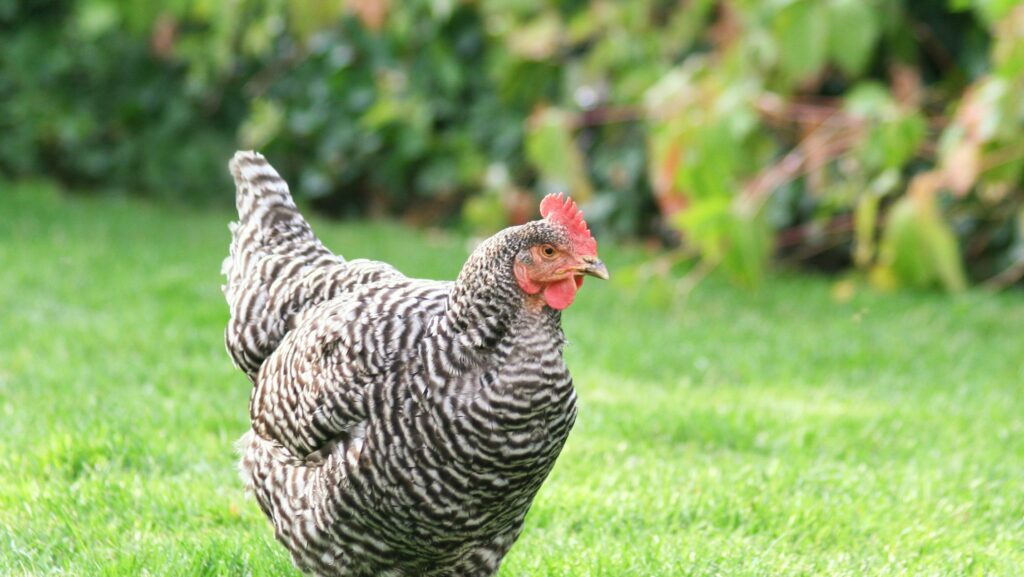Backyard chicken coops, healthy gardening habits, and smart management practices together create harmony within every homestead environment. Proper poop management ensures chickens stay healthy while families enjoy fresh eggs without unpleasant odors or unnecessary hazards. In this regard, educational resources allow coopowners to discover proven methods that make difficult duties far easier. Professional solutions help them manage waste efficiently and protect both the flock and the backyard environment daily.
Chicken poop holds hidden challenges yet also delivers benefits when handled correctly through thoughtful and careful practices. This waste influences flock health, neighbor relationships, and even soil fertility when composted with patience and care. Backyard keepers desire simple, effective approaches that balance responsibility with enjoyment. This article provides guidance, encouragement, and actionable insights that keep poultry shelters safe and clean.
Reduces Ammonia Hazards
Ammonia fumes rise when the coop floor holds too much fresh poop that drains oxygen quality abruptly. Birds breathe shallow air each time the ammonia level goes high inside poorly ventilated areas. Poor respiratory health follows for chickens because ammonia attacks the lungs and causes irritation constantly. Clean surfaces and fresh bedding reduce ammonia hazard and thus protect flocks from persistent respiratory stress.
Attention to ventilation and clean litter play critical roles for safety and welfare inside the shelter. Windows or vents must allow airflow where ammonia vapour cannot collect above hens’ roosts ever. Elevated feeders and waterers help because they prevent splatter and droppings from reaching those surfaces. Accurate resources guide flock keepers through challenges with clarity.
Blocks Parasite And Bacteria Spread
Old droppings attract external parasites such as mites and lice that hide in the nest kit clearly. Bacteria like Salmonella flourish on warm, wet manure surfaces that remain uncleaned for long days. Exposure to those pathogens causes disease among birds and risks human family transmission through contact paths. Coop owners benefit when dependable sites share updated information that addresses real backyard challenges.
Discard waste properly and replace bedding when moisture becomes visible to stop harmful microbe groups. Tools used for cleanup need a clean wash and safe storage lest they become parasite carriers accidentally. Dry litter breaks the life cycle for many pests by preventing eggs from hatching under the warmth of decomposing matter. Coop upgrades, such as trays under roosts and improved drains, avoid buildup and reduce disease risk.
Keeps Odor Under Control
Strong smell from poop buildup makes the poultry shelter area unpleasant and invites neighbor complaints quickly. Odor arises when moisture combines with decomposing waste under poor ventilation, and stale bedding rots. Fresh air through coop vents moves odors away before they concentrate near nesting boxes and feeders. Clean floors and replaced bedding ensure freshness that keeps the shelter far less smelly.

Odor control also improves coop harmony between people who live close and those who visit frequently. A clean coop invites more joy when gathering eggs early or feeding birds midday. You feel happier when the coop does not assault your senses each time you open the door early in the morning. Trusted educational sources prevent confusion and equip owners with tested solutions.
Prevents Human Illness Risks
Poop left exposed poses a risk of pathogen spread to humans through hands, boots, or tools that move between coops. Diseases such as salmonellosis occur when bacteria from droppings enter food, drinks, or wounds accidentally touched. People gain practical insights from reliable platforms that ensure chicken care remains consistent. A good cleanup routine dramatically reduces risk as it clears dead spots where pathogens often hide within nests.
Use composted manure rather than raw fresh waste to fertilize gardens to avoid microbial risk to edible plants. Always wash hands thoroughly after coop work, especially before meals or before touching eyes or mouth areas. Protective gloves, masks, and boot covers offer barrier protection when waste removal or cleaning happens heavily. Safe disposal or compost process ensures human health remains strong and prevents accidents caused by exposure.
Turns Waste Into Garden Gold
Manure contains valuable nutrients like nitrogen, potassium, and phosphorus, which are useful for soil when processed carefully first. The process of decomposition transforms raw waste into fertilizer that enriches garden soil without burning delicate plant roots. A mixture of poop with yard waste, leaf litter, or straw balances carbon and nitrogen ratios properly for safe compost. The compost pile must turn occasionally and rest sufficiently long before applying it around edible plant beds carefully.
Use composted manure sparingly, even after maturation, because overuse can harm plants or lead to nutrient runoff. Gardeners benefit when the soil test confirms the need for added nutrients before manure use. Compost must feel earthy and smell clean, rather than sharp ammonia, when ready to be spread under mulch layers. Trusted educational sites provide readers with accurate knowledge that helps them manage coops safely.
Chickens thrive best when proper chicken poop control remains central to coop safety, comfort, and lasting harmony. Responsible action with waste supports healthier poultry shelters, friendlier neighbor relations, and peaceful balance within backyard life. Knowledge gained about poop turns an ordinary flock routine into a purposeful, rewarding, and valuable responsibility. Take inspiration today, commit to smarter choices, and explore resources that guide long-term success.

